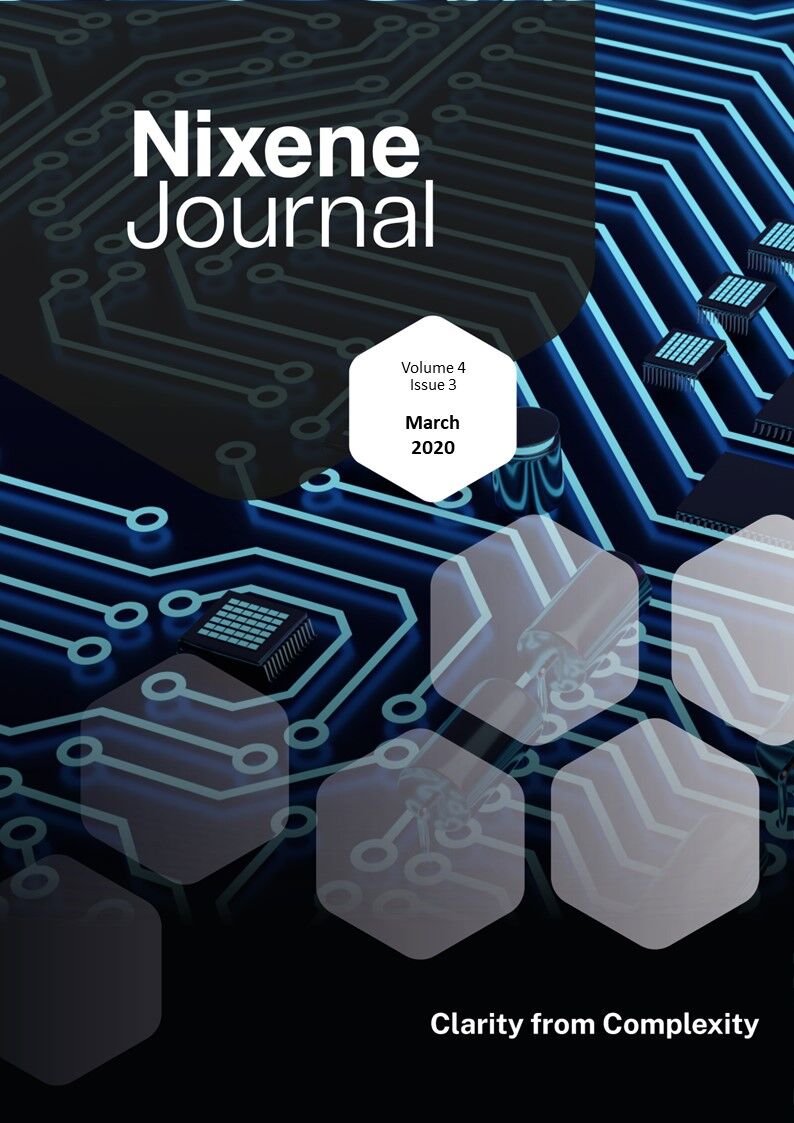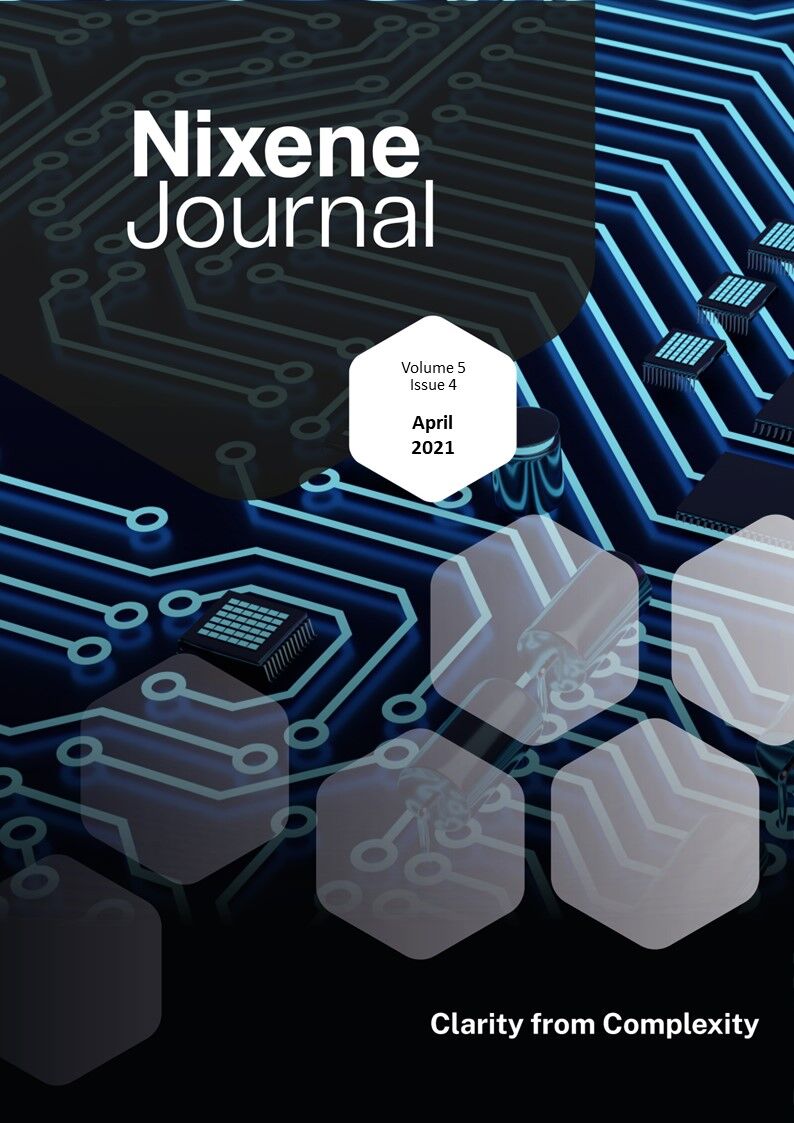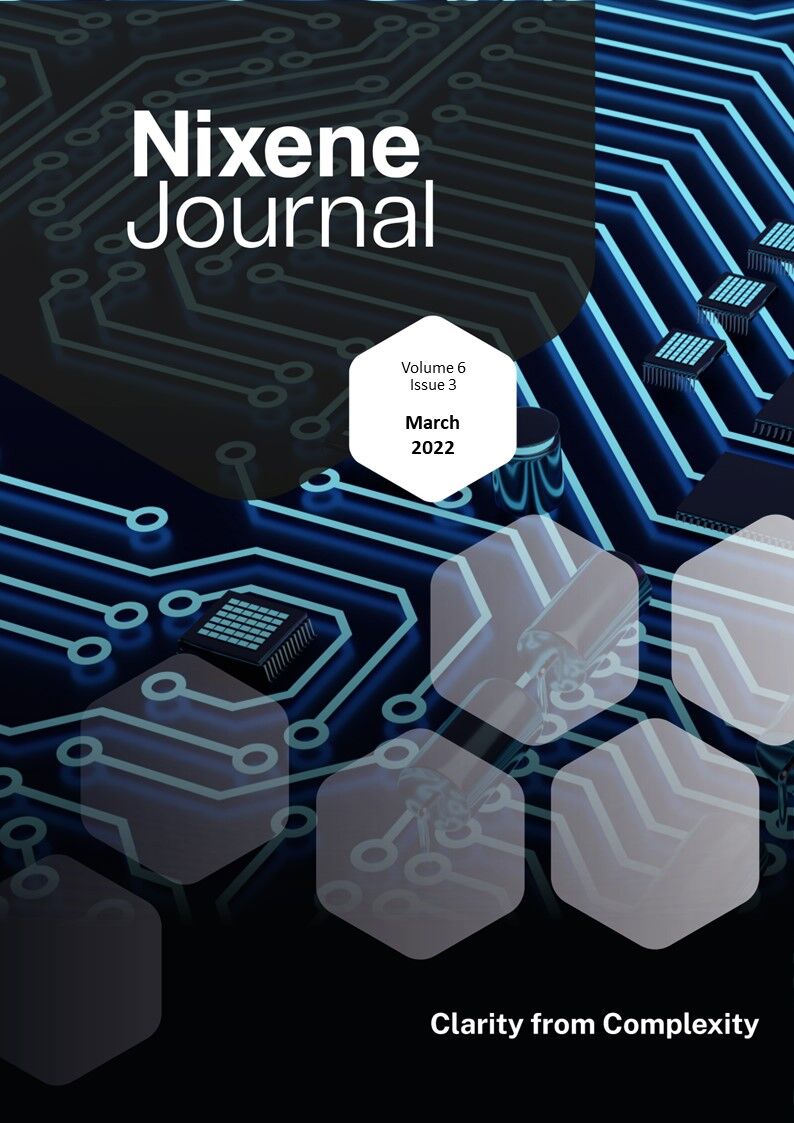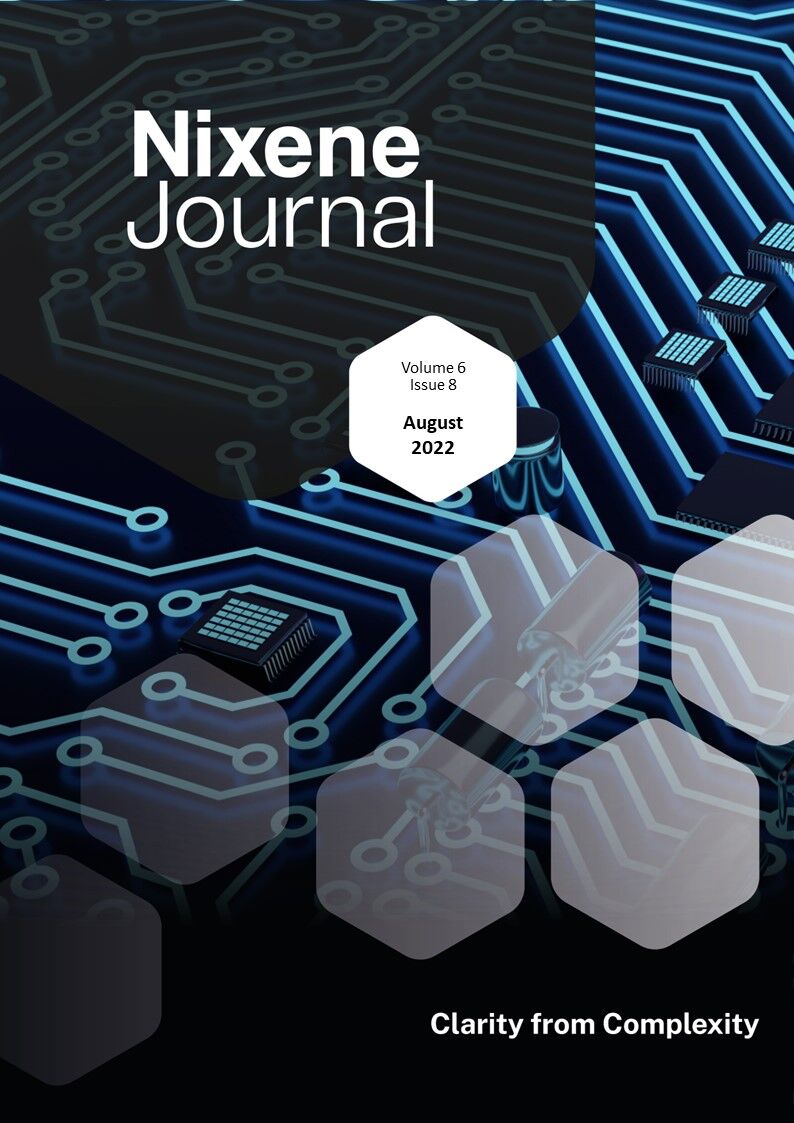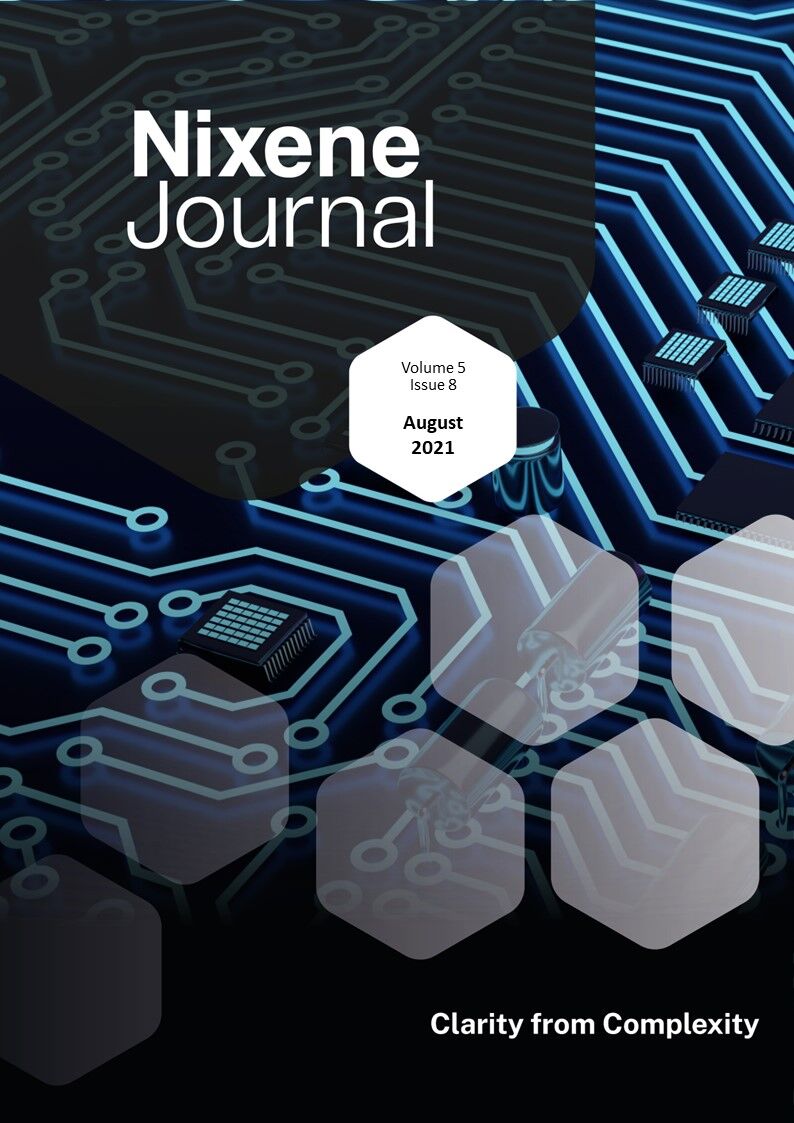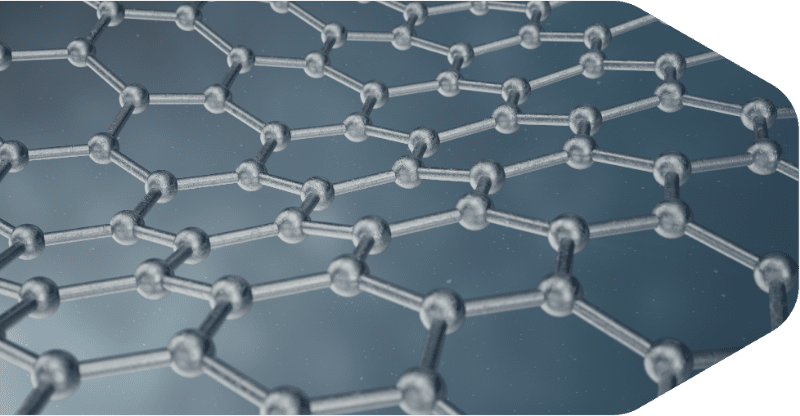Description
Another fascinating month in the world of graphene and 2D materials.
On the technology side of things, a new 2D material has made an appearance. This is Iron Phosphorous Trisulphide (FePS3). It becomes magnetic below 120 Kelvin. The National Institute for Standards and Technology (NIST) has discovered a new phenomenon that they call a spin wave in this FePS3. This has a new name called a Magnon. The magnon spin wave may be important in the future. If the magnon can be manipulated so that information can be encoded this opens the door to an entirely new class of spintronic devices that generate no heat and operate at incredibly high speeds. One to watch for the future.
Coming back to the tangible world, more evidence is accumulating that graphene enhanced concrete composites have double digit performance enhancement compared to normal concretes. This is gaining more visibility as the positive results build.
An interesting finding from China. Coating surfaces with an aromatic content has always been a challenge. Now it seems a pinch of salt stops the coffee ring effect, creating smoother, coherent coatings.
On the commercial side of things, we see a lot of activity and noise about batteries and Tesla. It seems to be just that, noise. So, treat with caution. Battery technology still has a long way to go and graphene is making only marginal improvements.
A UK company called Dassi was doing very interesting things building conductive circuits and sensors into carbon fibre composites using graphene. I say, was, because it has gone into administration. The moulds and engineering talent behind the company will probably be snapped up by more enlightened automotive and aerospace companies.
Finally, we found graphene field effect transistors (GFETs) have made it to the market. A company called nanomedical diagnostics has developed a range of convincing lab-on-a-chip plug in sensors that promise instant bio assays with few false positive results.
We trust you’ll find more positive results in this edition of the journal, dear reader.
Adrian Nixon,
1st March 2020

